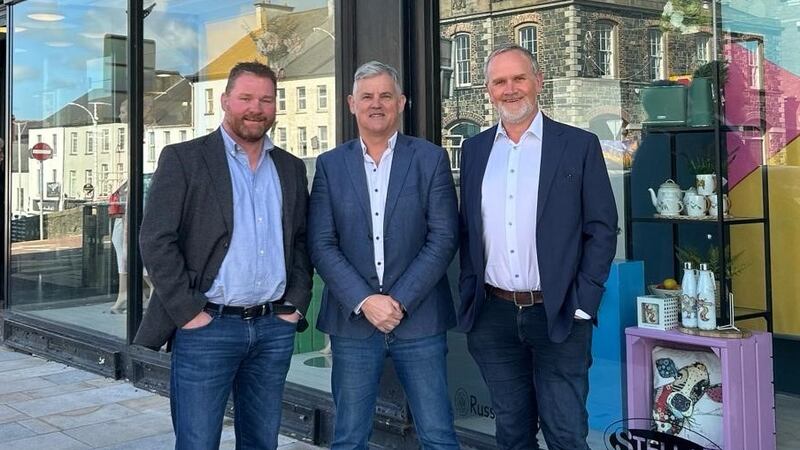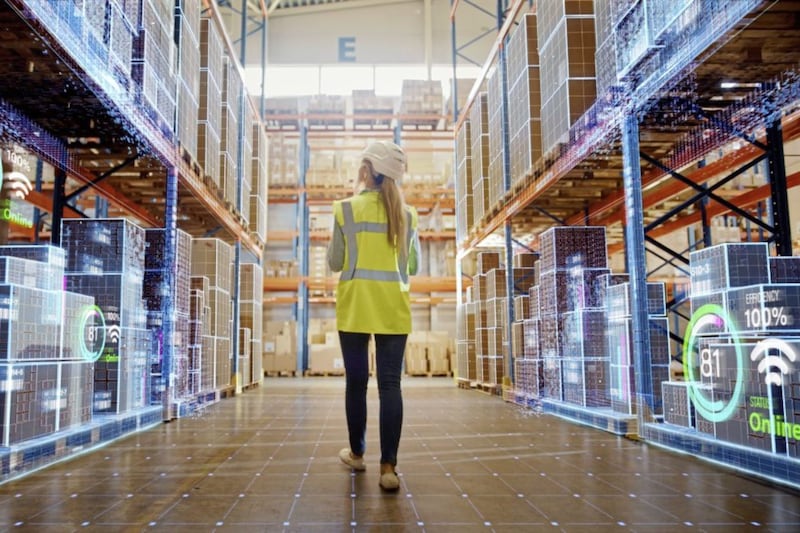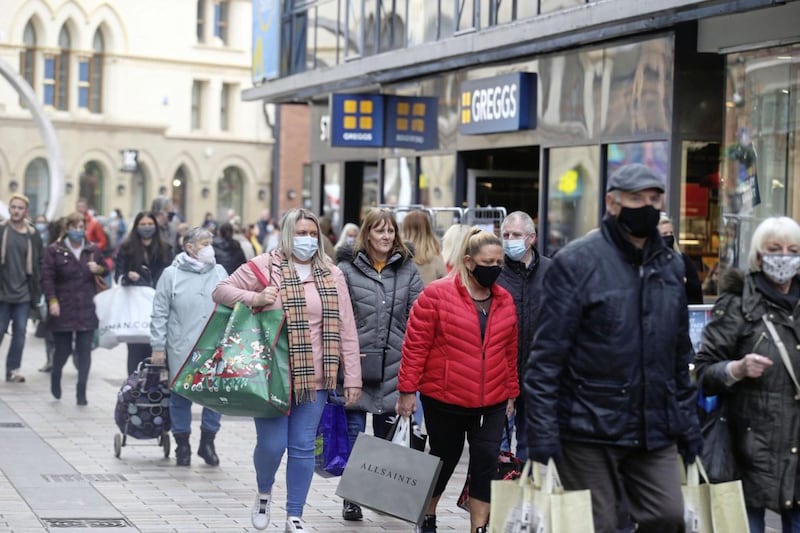AS literal and geopolitical climates shift, businesses in Ireland must explore the full potential of sustainable marketing initiatives, both to withstand and to affect change.
Never has there been such consensus on working towards a more sustainable future. The consistent phasing out of fossil fuels across western society, international efforts to reduce carbon emissions and topics on the table as discussed at last year’s COP 26 climate change conference in Glasgow, are all indicative of this desire for cleaner, more climate-friendly practices in society. The big push for sustainability isn’t coming, it’s already here, and one way or another it will affect those on every rung of the corporate ladder.
But Ireland is behind the pack when it comes to sustainability. A comparison of 15 EU countries, commissioned by Social Justice Ireland, saw Ireland ranked last in the sustainable progress index. Even Ireland’s higher rankings in the social and economic indexes only pull it up to 11th place for overall sustainable development.
So what does this have to do with marketing? Well, contrary to popular opinion, marketing isn’t just about selling more of a product or service (though it certainly helps).
Marketing encompasses far more than many businesses realise and can go beyond affecting the reputation of a company to change the behaviours and attitudes of society. The global pandemic has forced market leaders to change their perceptions, with 73 per cent of companies surveyed believing the importance of marketing has increased for their businesses.
Marketing has been essential for retaining customers throughout lockdown, helping companies to adapt and thrive despite the challenges. Now, market leaders are looking to “sustainable marketing” to promote their ethical, eco-friendly growth.
In 2019, accountancy firm KPMG reported that organic retail sales in Ireland had an annual value of €210 million, rising from €162 million in 2017. Likewise, a recent survey of Generation Z, the fastest growing consumer segment who will live longer and spend more than any previous generation, found that 93 per cent believe brands are obliged to take a stance on environmental issues. Given Gen Z has a global buying power close to €120 billion, environmental policies are potentially lucrative.
Profit aside, Ireland is nowhere near meeting its climate change goals, and sustainable marketing from companies could be a powerful means to change that. The Climate Change Advisory Council has concluded that Ireland is “completely off course” regarding its national climate plans (NDCs) to reduce carbon emissions and called future projections “disturbing”.
It stated: “Instead of achieving the required reduction of 1m tonnes per year in Co2 emissions, consistent with the national policy position, Ireland is currently increasing emissions at a rate of 2m tonnes per year.”
Sustainability gives marketers the opportunity, not only to shine a light on the good that brands do for the environment, but to make a real and tangible difference to the practices and values of companies.
Organisations across Ireland need to look to their marketing teams for information and instruction on how to develop and clearly demonstrate their sustainable values. Why? Because we should all want a better outcome than the one we are heading for.
:: Chris Gilroy is chair of the Chartered Institute of Marketing (CIM) Ireland








